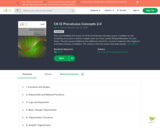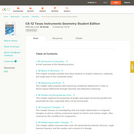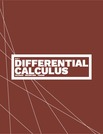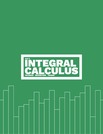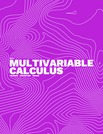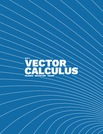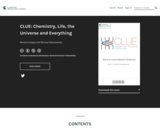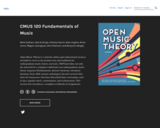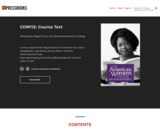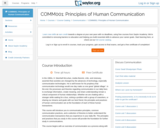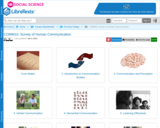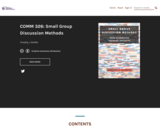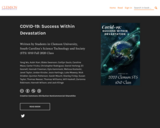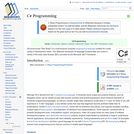Short Description:
Open Music Theory is a natively-online open educational resource intended to serve as the primary text and workbook for undergraduate music theory curricula. OMT2 provides not only the material for a complete traditional core undergraduate music theory sequence (fundamentals, diatonic harmony, chromatic harmony, form, 20th-century techniques), but also several other units for instructors who have diversified their curriculum, such as jazz, popular music, counterpoint, and orchestration. This version also introduces a complete workbook of assignments.
Long Description:
Open Music Theory Version 2 (OMT2) is an open educational resource intended to serve as the primary text and workbook for undergraduate music theory curricula. As an open and natively-online resource, OMT2 is substantially different from other commercially-published music theory textbooks, though it still provides the same content that teachers expect from a music theory text.
OMT2 has been designed inclusively. For us, this means broadening our topics beyond the standard harmony and atonal theory topics to include fundamentals, musical form, jazz, pop, and orchestration. And within those traditional sections of harmony and atonal theory, the authors have deliberately chosen composers who represent diverse genders and races. The book is accessible. And perhaps most importantly, the book is completely free and always will be.
The text of the book is augmented with several different media: video lessons, audio, interactive notated scores with playback, and small quizzes are embedded directly into each chapter for easy access.
OMT2 introduces a full workbook to accompany the text. Almost every chapter offers at least one worksheet on that topic. Some chapters, especially in the Fundamentals section, also collect additional assignments that can be found on other websites.
Version 2 of this textbook is collaboratively authored and edited by Mark Gotham, Kyle Gullings, Chelsey Hamm, Bryn Hughes, Brian Jarvis, Megan Lavengood, and John Peterson.
Word Count: 40576
(Note: This resource's metadata has been created automatically by reformatting and/or combining the information that the author initially provided as part of a bulk import process.)
